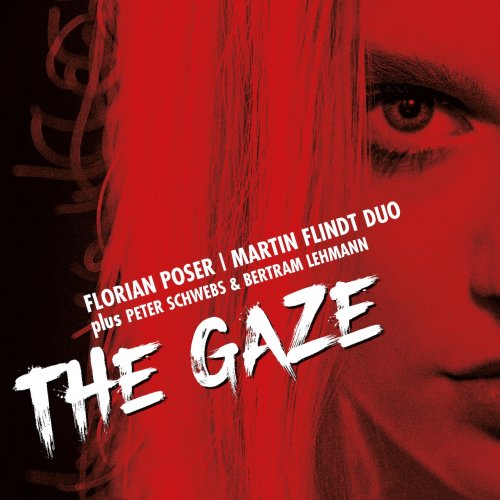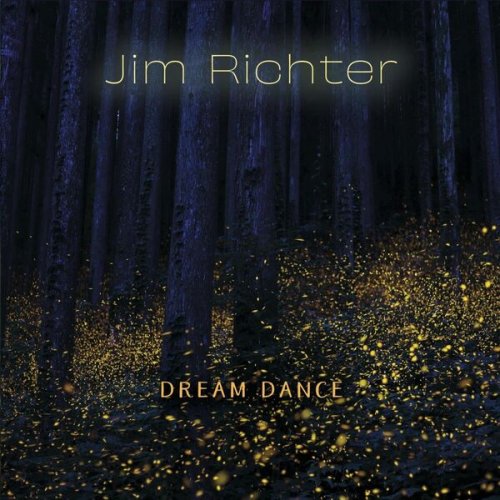Phil Ochs - All the News That's Fit to Sing (Reissue) (1964/1988)
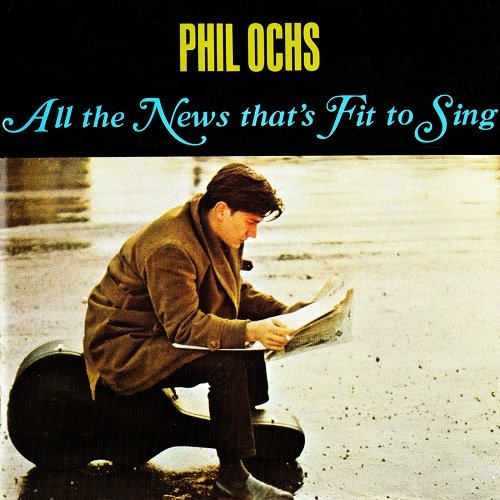
Artist: Phil Ochs
Title: All the News That's Fit to Sing
Year Of Release: 1964/1988
Label: Hannibal
Genre: Folk Rock, Acoustic
Quality: Mp3 320 / Flac (image, .cue, log)
Total Time: 43:55
Total Size: 183/334 Mb (scans)
WebSite: Album Preview
Title: All the News That's Fit to Sing
Year Of Release: 1964/1988
Label: Hannibal
Genre: Folk Rock, Acoustic
Quality: Mp3 320 / Flac (image, .cue, log)
Total Time: 43:55
Total Size: 183/334 Mb (scans)
WebSite: Album Preview
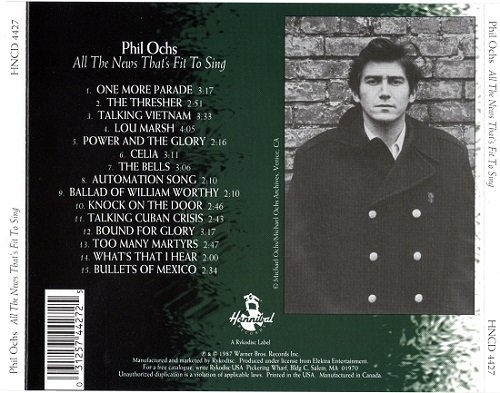
Tracklist:
01. One More Parade (P. Ochs, B. Gibson) - 3:00
02. The Thresher - 2:50
03. Talkin' Vietnam - 3:38
04. Lou Marsh - 4:04
05. Power And The Glory - 2:15
06. Celia - 3:08
07. The Bells (E. A. Poe, With Musical Adaptation By P. Ochs) - 3:00
08. Automation Song - 2:08
09. Ballad Of William Worthy - 2:15
10. Knock On The Door - 2:47
11. Talkin' Cuban Crisis - 2:40
12. Bound For Glory - 3:15
13. Too Many Martyrs (Ochs, Gibson) - 2:46
14. What's That I Hear - 2:00
15. Bullets Of Mexico - 2:34
Line-up::
Phil Ochs - First Guitar, Vocals
Danny Kalb - Second Guitar
John Sebastian - Harmonica On "Bound For Glory"
Philip David Ochs (/ˈoʊks/; December 19, 1940 – April 9, 1976) was an American protest singer (or, as he preferred, a topical singer) and songwriter who was known for his sharp wit, sardonic humor, earnest humanism, political activism, insightful and alliterative lyrics, and distinctive voice. He wrote hundreds of songs in the 1960s and 1970s and released eight albums.
Ochs performed at many political events during the 1960s counterculture era, including anti-Vietnam War and civil rights rallies, student events, and organized labor events over the course of his career, in addition to many concert appearances at such venues as New York City's Town Hall and Carnegie Hall. Politically, Ochs described himself as a "left social democrat"[1] who became an "early revolutionary" after the protests at the 1968 Democratic National Convention in Chicago led to a police riot, which had a profound effect on his state of mind.
After years of prolific writing in the 1960s, Ochs's mental stability declined in the 1970s. He eventually succumbed to a number of problems including bipolar disorder and alcoholism, and committed suicide in 1976.
Some of Ochs's major musical influences were Woody Guthrie, Pete Seeger, Buddy Holly, Elvis Presley, Bob Gibson, Faron Young, and Merle Haggard. His best-known songs include "I Ain't Marching Anymore", "Changes", "Crucifixion", "Draft Dodger Rag", "Love Me, I'm a Liberal", "Outside of a Small Circle of Friends", "Power and the Glory", "There but for Fortune", and "The War Is Over".
Ochs performed at many political events during the 1960s counterculture era, including anti-Vietnam War and civil rights rallies, student events, and organized labor events over the course of his career, in addition to many concert appearances at such venues as New York City's Town Hall and Carnegie Hall. Politically, Ochs described himself as a "left social democrat"[1] who became an "early revolutionary" after the protests at the 1968 Democratic National Convention in Chicago led to a police riot, which had a profound effect on his state of mind.
After years of prolific writing in the 1960s, Ochs's mental stability declined in the 1970s. He eventually succumbed to a number of problems including bipolar disorder and alcoholism, and committed suicide in 1976.
Some of Ochs's major musical influences were Woody Guthrie, Pete Seeger, Buddy Holly, Elvis Presley, Bob Gibson, Faron Young, and Merle Haggard. His best-known songs include "I Ain't Marching Anymore", "Changes", "Crucifixion", "Draft Dodger Rag", "Love Me, I'm a Liberal", "Outside of a Small Circle of Friends", "Power and the Glory", "There but for Fortune", and "The War Is Over".
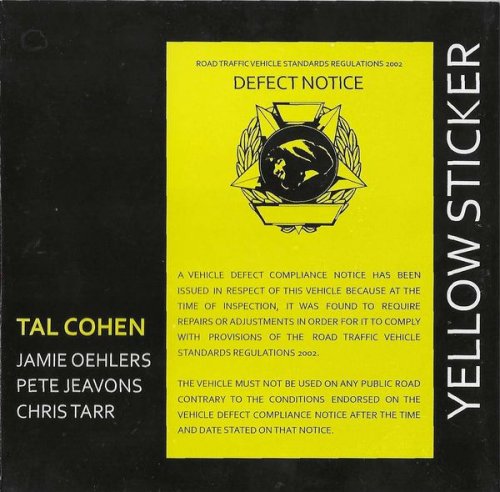
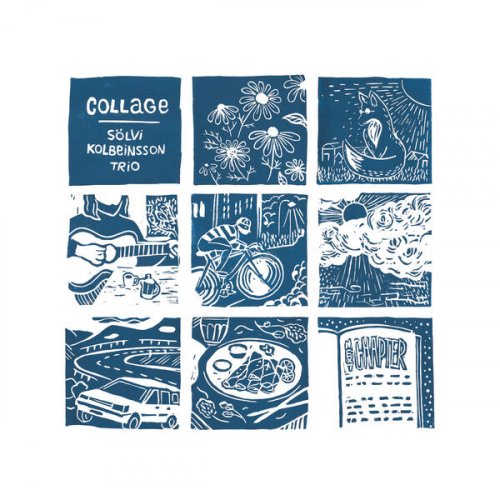
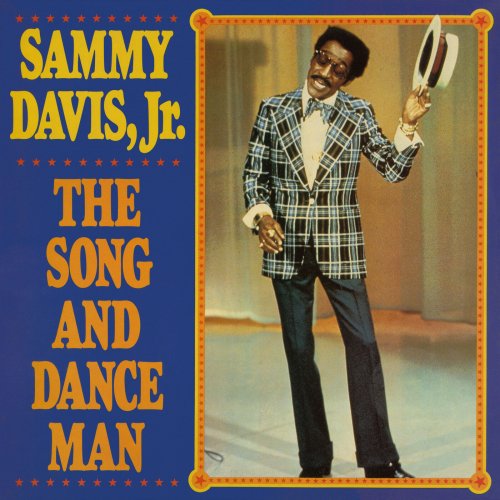
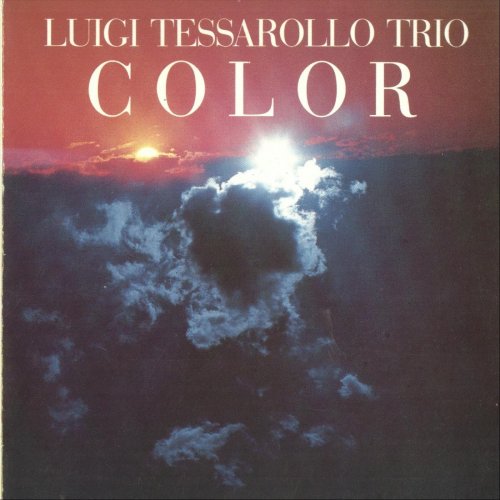
![Posey Royale - The Real Low-Down (2025) [Hi-Res] Posey Royale - The Real Low-Down (2025) [Hi-Res]](https://www.dibpic.com/uploads/posts/2025-12/1765494723_zbd6vfngwwskb_600.jpg)
